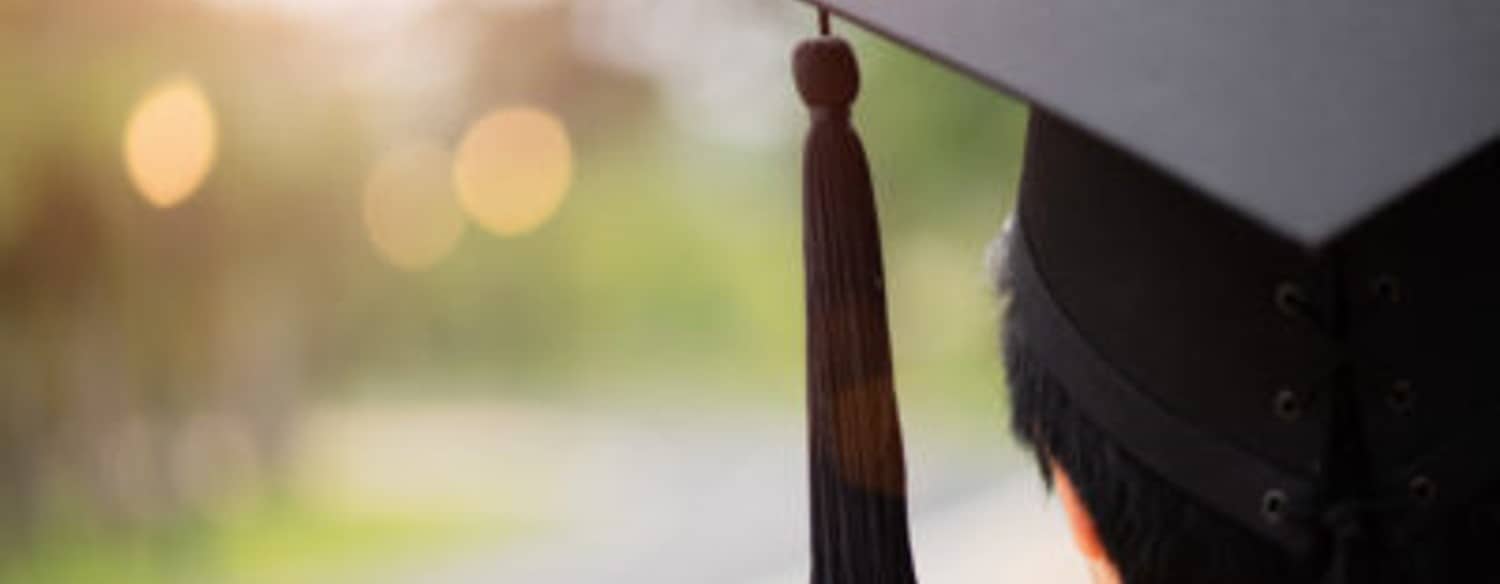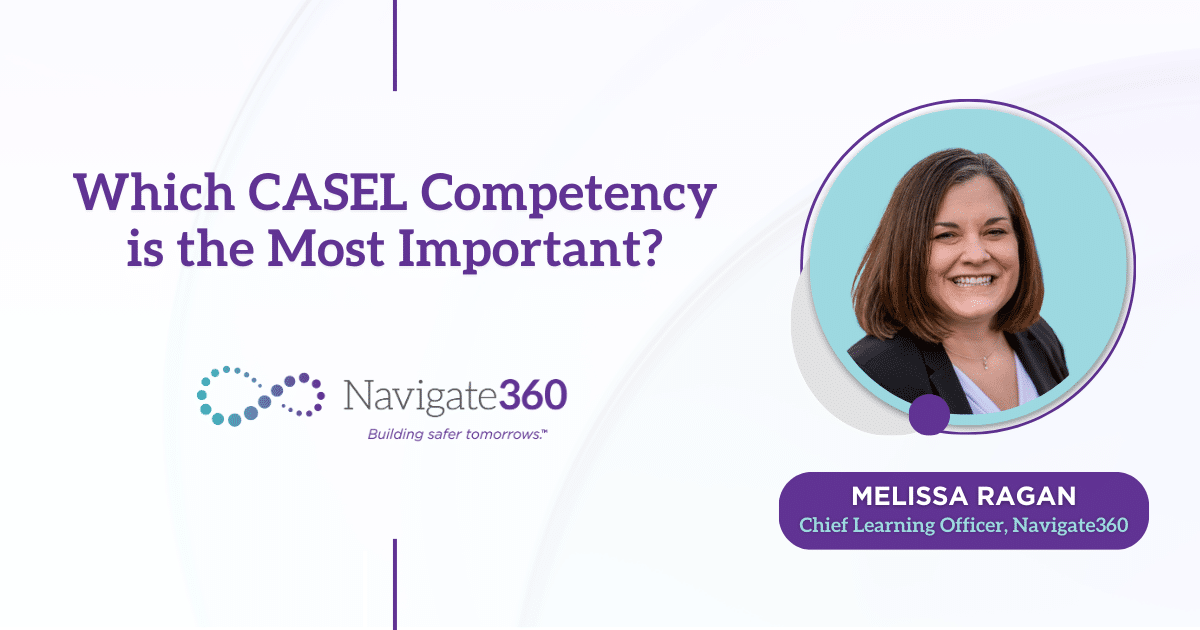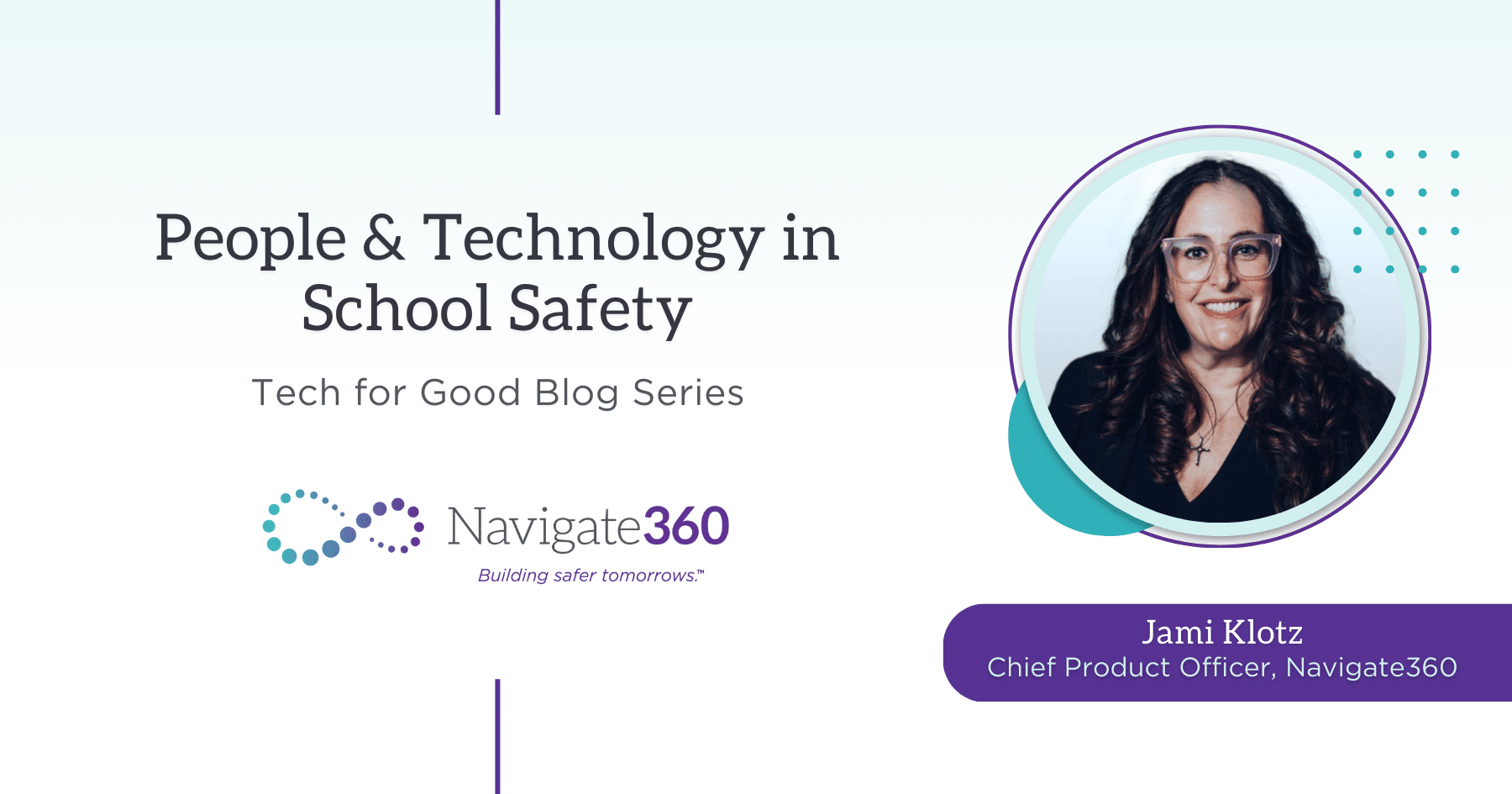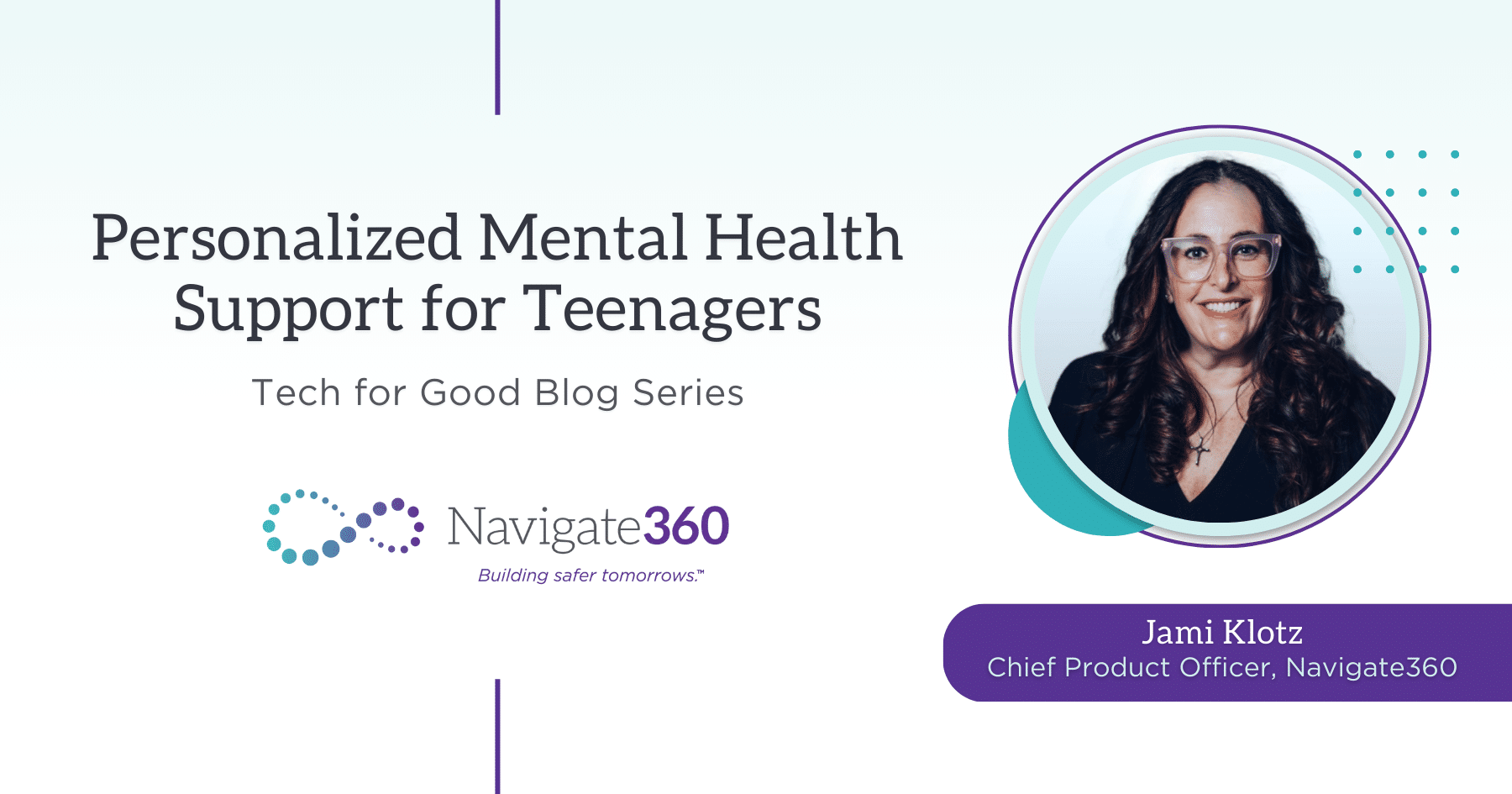Change is one thing. Disruption is another.
Change is a new job; disruption is automation eliminating the need for your skills. Change is cassette tapes; disruption is mp3 technology reinventing the music industry. Change is a new strain of flu; disruption is a global pandemic requiring quarantining, social distancing and economic shutdown. Change can be a choice; disruption forces itself into our lives. Disruptions create tension and friction. We are resistant to change and fight it. Stress and anxiety are at extreme levels. Disruption can cause eruption. We can implode, silently and loudly. There is no value in sugar-coating the angst being caused by the disruption of this pandemic.
There is value, however, in exploring the other side of disruption. The friction we are experiencing is giving quick rise to services and solutions we were previously inching toward. The friction of needing to educate our children outside the school buildings is forcing us to solve some of the challenges of delivering the internet and critical technology to underserved areas. The friction of needing to work from home is forcing us to advance video conferencing technology, expand our delivery networks and broaden our thinking about how best to meet the needs of our customers. This tension and friction are much like the conditions of intense heat and pressure that cause carbon atoms to crystallize forming diamonds.
Transformation is the goal.
Back to Tim Cook’s commencement speech. Not surprisingly, he referred to the Spanish flu, but he also shared of the fortunes of Franklin D. Roosevelt, T.S. Eliot and Amelia Earhart after recovering from their infections. Where might we be now without those three? Not to mention the countless others who brought change and transformation from the depths of such disruption. When we change our view, our mindset really, from looking within and looking at our current picture to looking from the outside, we can catch a glimpse of the transformations already in progress.
The transformation on the horizon, which has already been occurring, will be greatly accelerated in schools and workplaces. Virtual and augmented reality will reach mainstream adoption far sooner because of this pandemic, and our methods of educating and teaching are about to be transformed. I’m seeing the transformation already happen – teachers, credentialed and non-credentialed, are standing up in-home teaching services. Colleges are launching app-enabled tutoring and paper review services with knowledge workers with in-depth understanding of subject matter getting paid to be on the listing service – The big shift occurring is that we as parents are asking “why have we always done it this way…” In a recent survey by the National Parents Union, 61% of parents said schools should focus on rethinking how to educate students, and only 32% want schools to revert to the way things were done before the pandemic began. We are being exposed to new resources and technology that offer differing ways of educating and learning, and this, I believe will be the moment that powers transfers to the hands of students and parents, and that we will see exponential access to non-traditional experts and the digital connection of learners and educators.
We are already seeing machine and augmented learning technology provide employees with soft-skill, cultural and scenario-based training that once took years of practice to master, now take weeks and months. Continued remote learning will accelerate the development and adoption of such technology (and this is just the wee tip of the iceberg of what is already available). When coupled with our latest advances of getting internet access and smart devices to more learners, I can already imagine the budding artists, entrepreneurs and scientists about to emerge.
The disruption of physical distancing and contactless exchanges will lead to a wide array of short-term and long-term transformations. Arriving to public places, such as sporting events, schools and airports will look much different. Safety protocols will include touchless scans and readers to take body temperatures. Sanitizing stations will be prevalent and smartphone apps will remind us to wash our hands at regular intervals. Imagine the impact on our overall health simply by washing our hands more often and being alerted to a raised body temperature. How many diseases and infections might we avoid? This will lead to fewer doctor and hospital visits, reduced medical expenses, reduced insurance costs and so on.
We are them.
The graduating classes of 2020 are all of us. We are all graduating from life as we knew it. And as Tim Cook points out, we are “tasked with writing a story that is not necessarily of (our) choosing but is still entirely (ours).” Resisting this transformation will create a vicious cycle of stress and anxiety. Embracing the transformation and thoughtfully directing the power and momentum it brings can enlighten us to opportunities not yet imagined for us individually and for us as humans. We can use it to break down barriers, build new bridges and create a better, safer tomorrow.
Now, more than ever,
Be purposeful. Be passionate. Be kind.
Watch Tim Cook’s commencement speech here.




